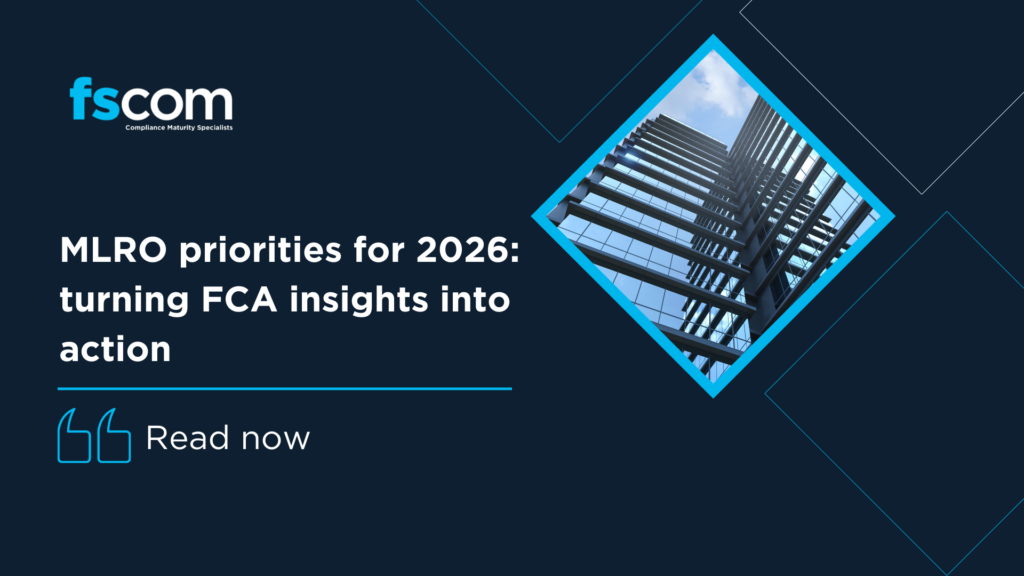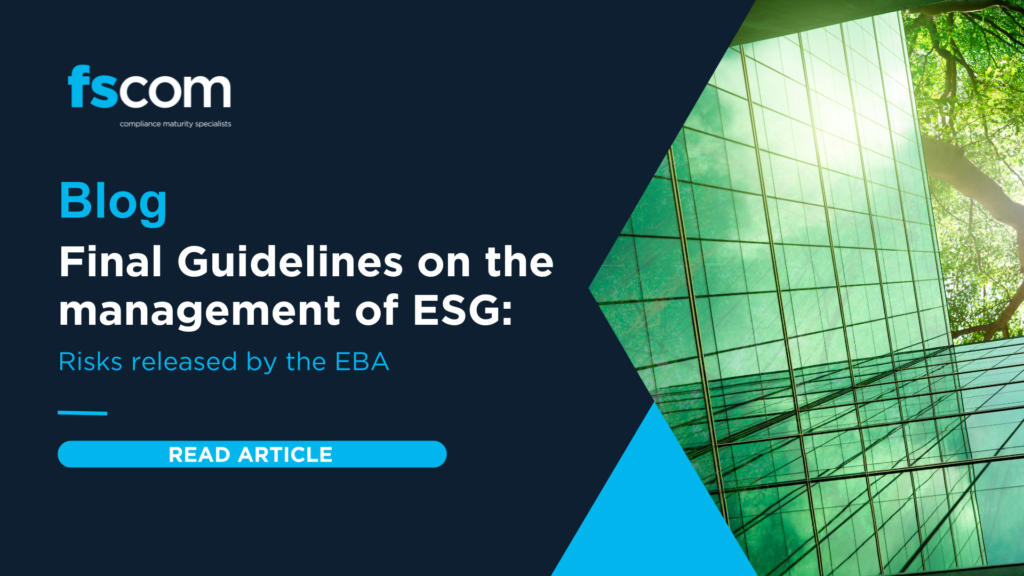In the world of financial services, founders and CEOs do not set out to fail their customers. They begin with energy and vision, aiming to build commercially successful firms that serve their clients well. Rational FX, no doubt, began with the same ambition. However, as the collapse of the firm and its recent administration make clear, intentions alone are not sufficient. Risks materialise, mistakes accumulate, and when the dust settles, it is often the customers who pay the highest price. Moreover, when such failures are prominent in the eyes of the Financial Conduct Authority (FCA), they can cast a shadow over the entire industry, tarnishing the reputation of firms that are working diligently to remain compliant and uphold high standards.
£14 million shortfall. £26,000 lost, per customer.
The insolvency practitioners estimate that customers will receive 7.7p/£. Based on the preliminary adjudication, there is a shortfall of at least £14.76 million between the Relevant Funds available for distribution and the total amount of eligible claims to those funds. This figure is before any expenses are deducted. With an estimated 560 customers across the UK and EU, that shortfall alone means each customer stands to lose more than £26,000 on average.
The scale of this loss is not abstract. These are individuals and firms who placed their funds with Rational FX, only to experience losses due to inadequate safeguarding measures, unclear legal frameworks, and record keeping inefficiencies.
The high price of poor preparation: over £3.1 million in administrator fees
Running a Special Administration is expensive. The administrators have incurred over £3.12 million in time costs alone, clocking more than 4,300 hours.
Why so high? The special administration of the Company has taken time due to the complexity of the firms trading arrangements, deficiencies in its record-keeping, and issues with contractual clarity, particularly in relation to its EU customer base.
These concerns are not a matter of hindsight. The outcome may have been very different had the firm implemented robust risk management practices, which the FCA recently identified in its multi-firm review as a critical area requiring improvement within the payments and e-money sector.
What went wrong and why it matters for everyone
1. Calculation of relevant funds was complicated
One of the most time-consuming and costly exercises for the administrators was identifying and calculating the “relevant funds” owed to customers. The financial landscape of Rational FX was split across 10 different banks, held in 134 bank accounts, in 58 different currencies. Diversifying safeguarding accounts and providers can be an effective strategy to mitigate dependency risks and offer a broader range of services to customers. However, it is essential that these accounts are managed with strong operational controls to ensure thorough review, documentation, and reconciliation processes are consistently maintained.
Firms are expected to maintain clear documentation regarding the location, ownership, and intended use of customer funds. This requirement will likely be expanded upon as part of the new resolution pack requirements outlined in the FCA’s upcoming safeguarding policy statement. To ensure the easy identification of funds at any point in time, it is essential to:
- map all fund flows and third-party dependencies;
- keep a live inventory of accounts across jurisdictions and their purposes; and
- maintain tested protocols for fund segregation, reconciliation, and customer communication.
2. Wind-down plans must be more than paperwork
The Rational FX administration should serve as a hard reset for any firm treating wind-down planning as a once-a-year compliance exercise. If administrators arrive and are handed a meaningful roadmap, a centralised safeguarding audit trail, and a clear designation of which funds are where, for whom, and under what legal structure, then the complexity and cost of a wind-down will be significantly reduced.
Proper wind-down planning means committing to do the following.
- Know your triggers for wind-down and, importantly, the alert phase, and test these on a regular basis.
- Analyse meaningful data at a board level to assess cash flow concerns.
- Prepare for scenarios where overseas group entities are legally distinct but operationally entwined, because if your customers do not understand who they are contracting with, your wind-down will be muddied with disputes.
This is not red tape, it is good business practice
Safeguarding, liquidity monitoring, and wind-down planning are essential components of effective financial management, rather than administrative burdens. They are commercially sensible, customer-focused processes. These practices exist not merely because the FCA requires them, but because they demonstrate that you prioritise your customers’ needs above personal interests or the pursuit of rapid expansion.
Your next steps
With the FCA publishing its new safeguarding policy document in August, firms should begin rule mapping the requirements immediately. This means setting out, line by line, how each rule is met operationally, who owns it internally, and how compliance will be evidenced.
Given the results of the multi-firm review, at board level, there must be regular, data-led reviews of risk assessments, liquidity positions, and wind-down triggers. Directors should challenge management on the robustness of the data they see, the assumptions being made, and the actions that would be taken if early warning indicators are triggered.
These discussions should not be treated as a regulatory formality. They are part of the firm’s duty to protect its customers, preserve its reputation, and ensure that if the worst happens, it will not be to the tune of tens of thousands of pounds lost for every person and business that trusted you.
Conclusion: do not let this be you
There are many great founders, CEOs, CFOs and Heads of Compliance who have invested diligently in building robust arrangements and are let down by the shadow cast by those who haven’t borne the cost of the privileged position of operating as a regulated entity. There’s always room for validation that your efforts have yielded the result you intend (and benchmark you against your industry peers): we can help with that!
For those who need to move into a more mature setting, our team of compliance maturity specialists are well placed to advise you on what is required and to help you get there.
Customers deserve financial security. The FCA expects robust controls. And the sector needs more good news stories.
Do the work now so your customers are not paying the price later.
This post contains a general summary of advice and is not a complete or definitive statement of the law. Specific advice should be obtained where appropriate.



